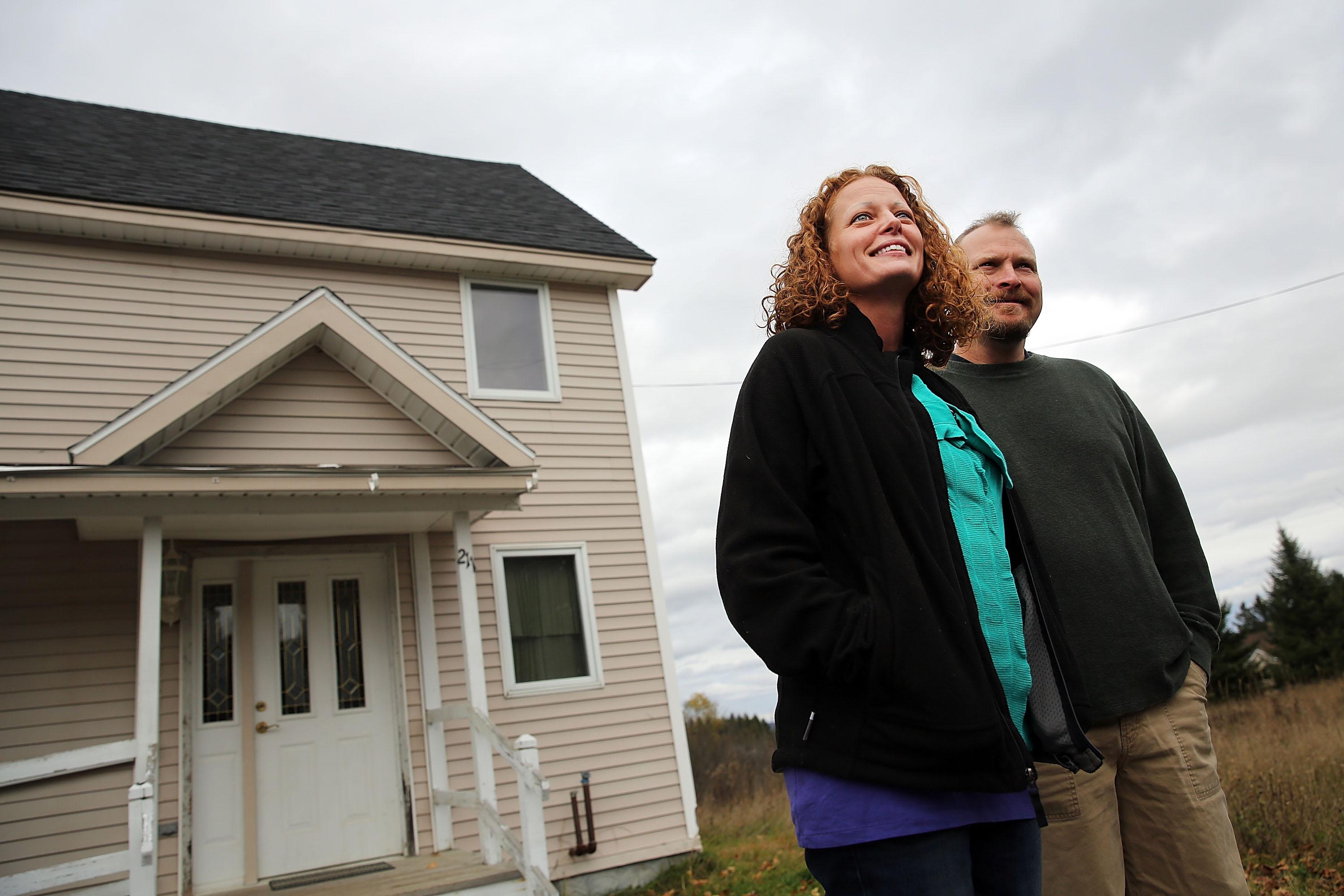Make that Kaci Hickox 2, quarantine-happy governors 0.
A Maine judge on Friday rejected the state’s request to quarantine Hickox in her home, ruling that the Doctors Without Borders nurse does not pose enough of a health risk to justify her forced confinement. Judge Charles LaVerdiere’s order states matter-of-factly that Hickox “currently does not show symptoms of Ebola and is therefore not infectious.” That’s more or less the argument the public health community and the White House have been making for weeks.
LaVerdiere agreed late Thursday to temporarily restrict Hickox’s movements while he considered the state’s request to quarantine her for the remainder of the virus’ 21-day incubation period. There could still be a full hearing on the matter on Tuesday, although that now appears to be mostly a formality given the force of Friday’s decision. “The court is fully aware of the misconceptions, misinformation, bad science, and bad information being spread from shore to shore in our country with respect to Ebola,” the judge wrote. “The court is fully aware that people are acting out of fear and that this fear is not entirely rational.”
The order does pose some restrictions on Hickox, most notably that she must coordinate her travel with state public health officials and submit to daily monitoring for symptoms—but those requirements are largely in line with the federal government’s recommendations, which she had already agreed to follow. The New York Times reports that that within hours of the decision, “state troopers who had been parked outside the nurse’s house for days had left.”
The ruling appears to bring an early end to the first legal battle over just how far the United States should go to contain a deadly virus that has ravaged West Africa but has so far claimed only one life on U.S. soil. It marks a rather stunning defeat for Gov. Paul LePage, who had pushed for Hickox’s home confinement since she arrived in Maine earlier this week after being quarantined in a New Jersey hospital against her will last weekend. It’s also a small but significant victory for the public health community and the White House, both of which have been vocal critics of states that attempt to forcibly quarantine returning medical workers.
Not only could such bans deter American medical professionals from volunteering to go where they’re desperately needed, such measures are also unlikely to do any good in the first place. Ebola is highly infectious but not highly contagious. It takes only a small amount of contact with the virus to become infected, but the only way for that infection to be transmitted is via the bodily fluids of someone who is sick. That’s why experts say there is no need to quarantine nurses and doctors who have been exposed. Even if they have been infected, they’ll have a chance to self-diagnose and get themselves to a hospital before they become contagious.
Still, Friday’s decision won’t end the national debate over how far states can and should go in the name of public health. Recent polling suggest that roughly 4 in 5 Americans are in favor of mandatory quarantines for travelers returning from West Africa. Meanwhile, laws vary by state, so a similar case in a different court could end in a different result. “At the end of the day,” Wendy Parmet, the director of Northeastern University’s Program on Health Policy and Law, told me Thursday, “the precedent is going to come when we get an appellate court decision down the road.”
